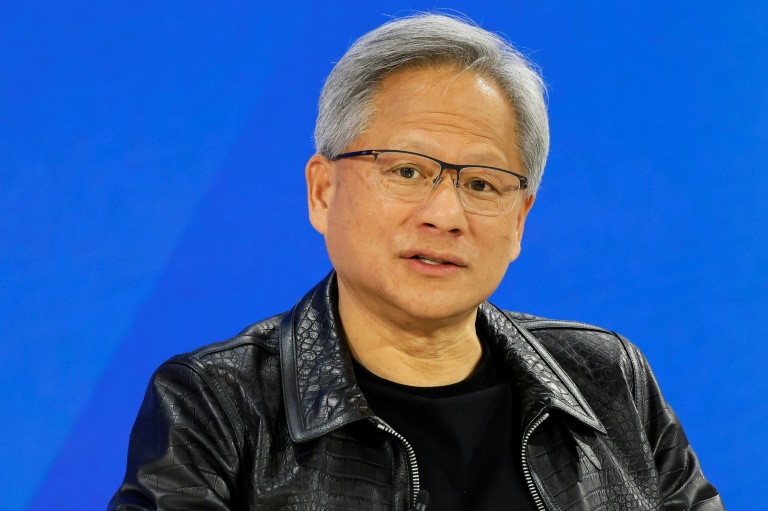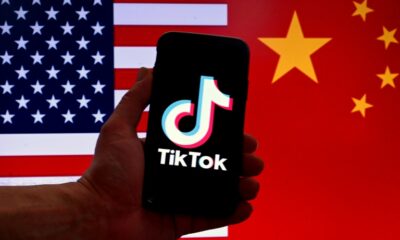Nvidia on Monday unveiled its latest family of chips for powering artificial intelligence, as it seeks to consolidate its position as the major supplier to the AI frenzy.
“We need bigger GPUs. So ladies and gentlemen, I would like to introduce you to a very, very big GPU,” said CEO Jensen Huang at a developers conference in California, referring to the graphics processors that are vital in the creation of generative AI.
The event, dubbed the “AI Woodstock” by Wedbush analyst Dan Ives, has become a can’t-miss date on big tech’s calendar due to Nvidia’s singular role in the AI revolution that has taken the world by storm since the introduction of ChatGPT in late 2022.
“I hope you realize this is not a concert, this is a developers conference,” Huang joked as he took the stage in a packed arena usually reserved for ice hockey games and concerts.
Nvidia’s powerful GPU chips and software are an integral ingredient in the creation of generative AI, with rivals like AMD or Intel still struggling to match the power and efficiency of the company’s blockbuster H100 product, launched in 2022.
Apple, Microsoft and Amazon have also developed chips with AI in mind, but for now are stuck trying to get their hands on Nvidia’s coveted products in order to deliver on their own AI promises.
That lynchpin role in the AI revolution has seen Nvidia’s share price rise roughly 250 percent over the last 12 months, propelling the company above Amazon when measured by market capitalization, behind only Microsoft and Apple.
– ‘Insane’ –
Not letting up, Nvidia told the audience of developers and tech executives it was releasing an even more powerful processor and accompanying software, on a platform called Blackwell — named after David Blackwell, the first Black academic inducted into the National Academy of Science.
Blackwell GPUs were AI “superchips” four times as fast as the previous generation when training AI models, Nvidia said.
“The rate at which computing is advancing is insane,” Huang said.
They would also deliver 25 times the energy efficiency, Nvidia said, a key claim when the creation of AI is criticized for its ravenous needs for energy and natural resources when compared to more conventional computing.
Unlike its rivals Intel, Micron and Texas Instruments, Nvidia, like AMD, does not manufacture its own chips, but uses subcontractors, mainly the Taiwan Semiconductor Manufacturing Co.
Given the geopolitical concerns with Taiwan and China, this could be a potential weak spot, and the US has banned Nvidia from sending its most powerful chips to Chinese companies.
– Gr00T –
Nvidia also announced other AI developments, including a platform for training humanoid robots.
Project Gr00t, which Nvidia said was not named after the “Guardians of the Galaxy” movie character Groot, was described as the “world’s first human foundation model.”
Gr00t-powered robots will be designed to understand what people say and mimic people’s movements, learning from experience how to interact with the world, according to Nvidia.
The models “will enable a robot to learn from a handful of human demonstrations so it can help with everyday tasks and emulate human movement just by observing us,” Nvidia said.
Nvidia said it was also working with Apple to put AI capabilities into the newly released Vision Pro spatial computing gear.
The collaboration comes as Apple is under pressure to show it is not being left behind by Amazon, Google, Meta and OpenAI when it comes to artificial intelligence.
Nvidia also unveiled the Earth-2 Cloud Platform for predicting climate change, using simulation by AI supercomputers.

 Business5 months ago
Business5 months ago
 Business4 months ago
Business4 months ago
 Events3 months ago
Events3 months ago
 People4 months ago
People4 months ago
 Events6 months ago
Events6 months ago
















